BAC Channel Featuring Moshe Safdie
Fearless, experimental, revolutionary, earth shattering—all words used to describe our next guest featured on BAC Channel with President Daas. Not one to be defined by labels or constrained within any boundaries, Moshe Safdie is an architect, urban planner, educator, theorist, and author. His immense impact on how we see the built environment is spread around the globe—with each of his projects informing how humans connect and relate to architecture and each other.
We welcome you to accompany President Daas during this candid and thoughtful conversation about a career spanning 50 years, lessons realized, utopian ideas, his legacy, and a newly released memoir of his life–and what comes next for Moshe Safdie.
More About Moshe Safdie

Founding Partner of Safdie Architects, Moshe Safdie is an architect, urban planner, educator, theorist, and author. Over a celebrated 50-year career, Safdie has explored the essential principles of socially responsible design through a comprehensive and humane design philosophy. His wide range of completed projects include cultural, educational, and civic institutions; neighborhoods and public parks; housing; mixed-use urban centers and airports; and master plans for existing communities and entirely new cities. Safdie’s projects can be found in North and South America, the Middle East and throughout Asia. A citizen of Israel, Canada and the United States, Safdie graduated from McGill University. After apprenticing with Louis I. Kahn in Philadelphia, Safdie returned to Montréal to oversee the master plan for the 1967 World Exhibition. In 1964 he established his own firm to realize Habitat ’67, an adaptation of his undergraduate thesis and a turning point in modern architecture. Safdie has been the recipient of numerous awards, honorary degrees, and civil honors including the Companion of the Order of Canada, the Gold Medal from both the Royal Architectural Institute of Canada and the American Institute of Architects, the National Design Award for Lifetime Achievement by the Cooper Hewitt Smithsonian, and recently the Wolf Prize in Architecture—awarded for a career motivated by the social concerns of architecture and formal experimentation.
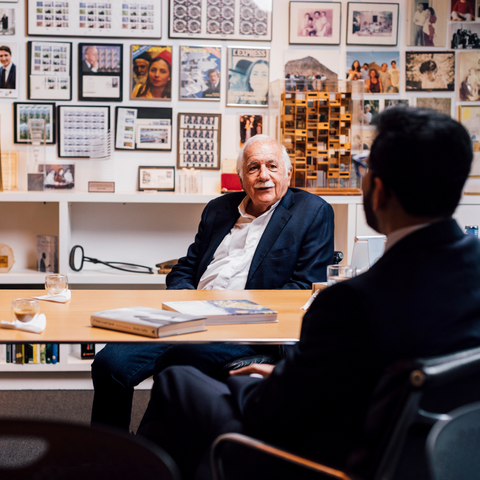
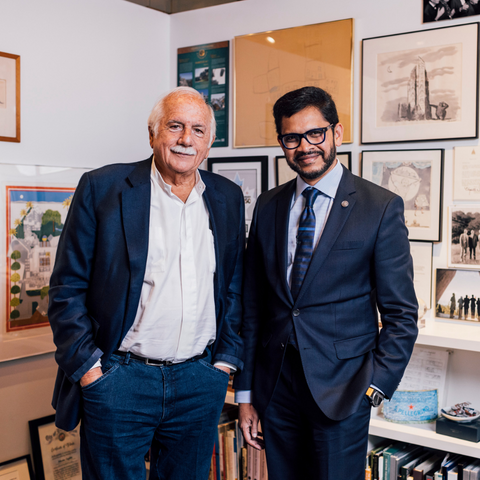
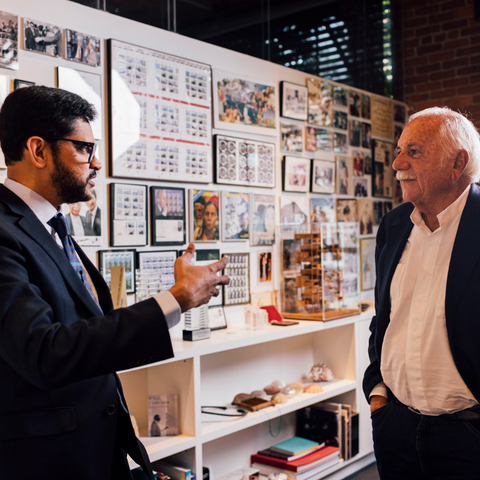
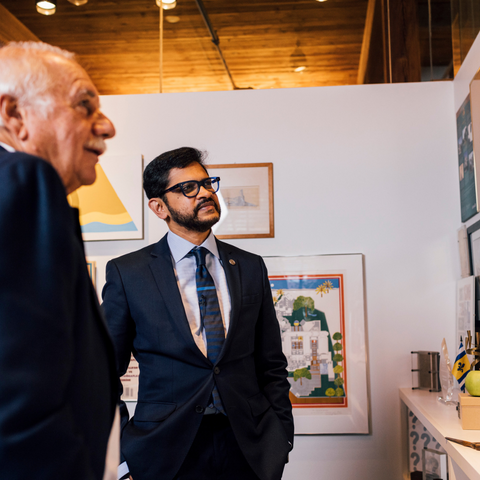
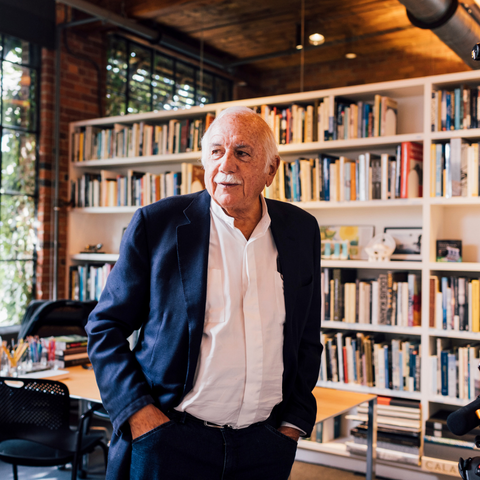
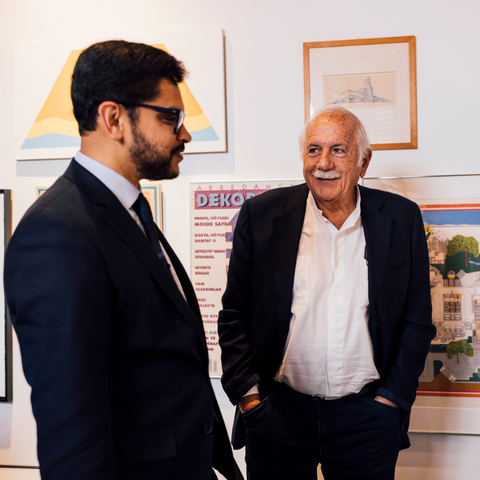
For more information or suggestions for future episodes:
Contact the
Office of the President.
